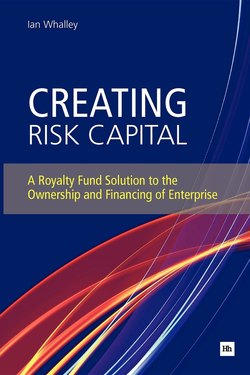Читать книгу Creating Risk Capital - Ian Whalley - Страница 32
На сайте Литреса книга снята с продажи.
The importance of ownership
ОглавлениеOwnership is important because in most cases it determines who has the formal right to control a particular enterprise. Consequently, it is the owners, defined as “those persons who share two formal rights: the right to control the firm and the right to appropriate the firm’s profits, or residual earnings”, who ultimately have the power to determine how successful an enterprise will be and how it behaves, even in cases where it is managers who exercise effective day-to-day control. [2]
Many authorities have addressed the subject of ownership. Leading economists John Kay and Aubrey Silberston pointed out in 1995 that in law, an English company does not appear to be owned by its shareholders, and that the large company may not be owned by anyone at all in the normal sense of ownership. They even suggested that ownership may not always matter: the River Thames and Oxford University do not appear to be owned by anyone, yet this does not seem to matter very much, if at all. [3] The same may be said of non-profit firms, which have no owners under the definition adopted above, since the persons who have control are not allowed to receive any residual earnings.
Nonetheless, non-profit organisations and the timeless Oxford University apart, the formal right to control an enterprise will normally flow from ownership. This makes ownership very important indeed.
